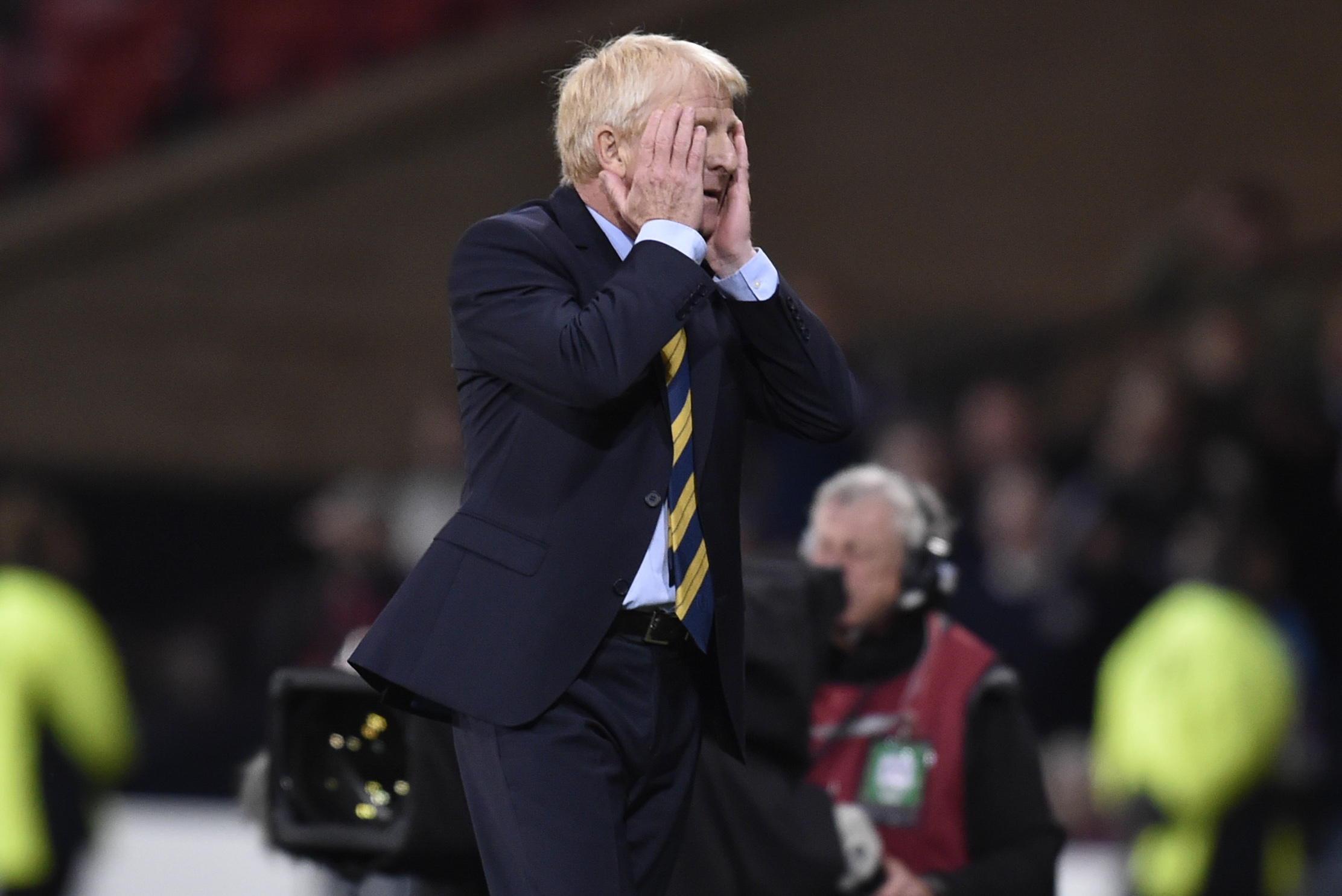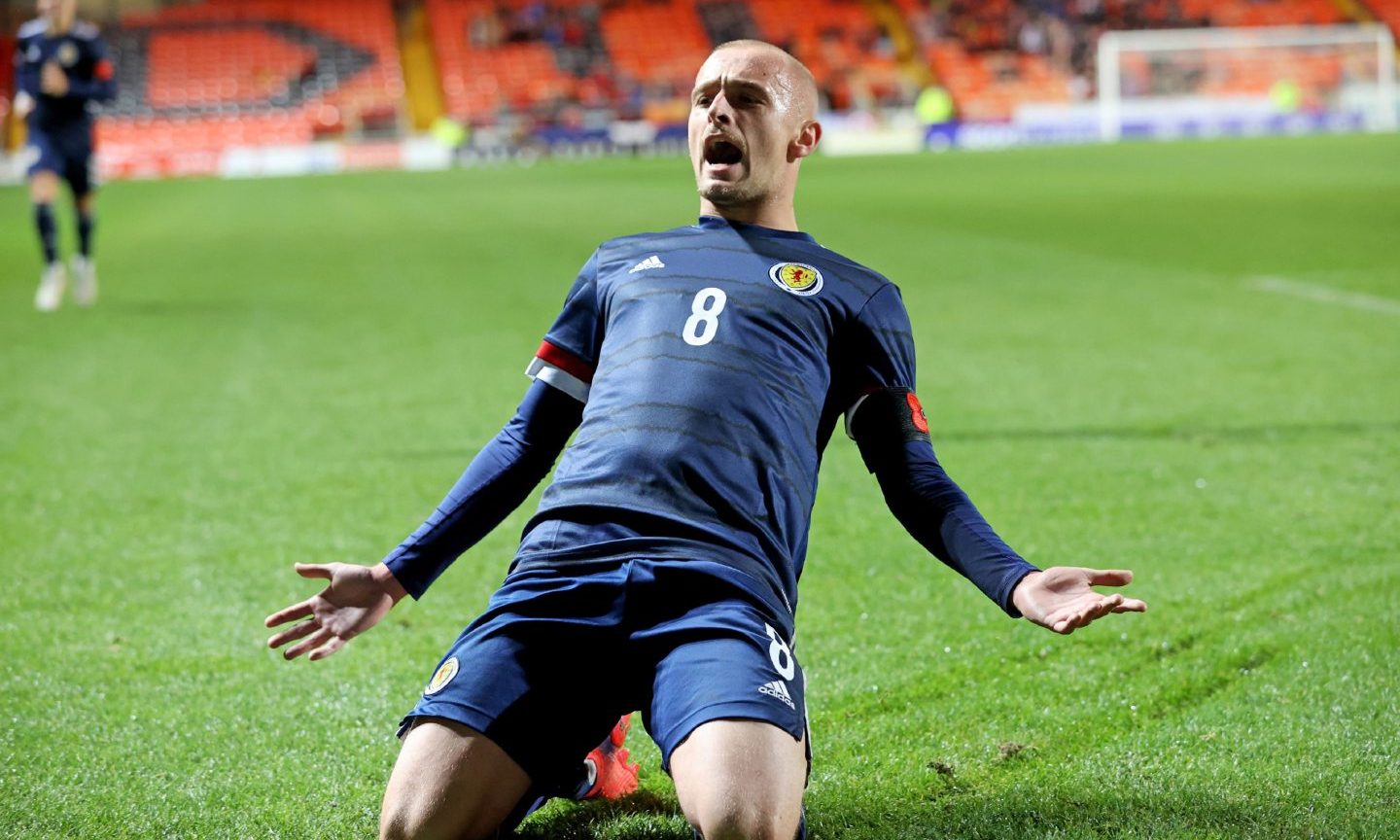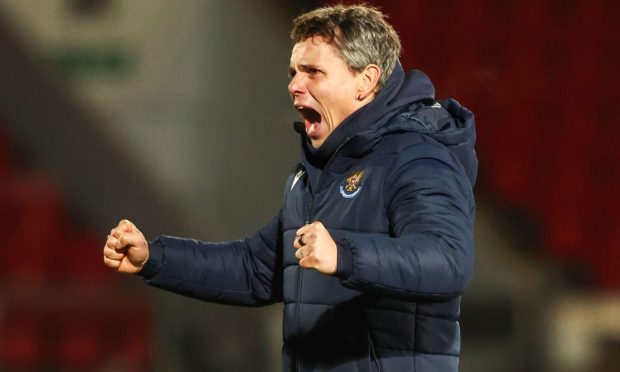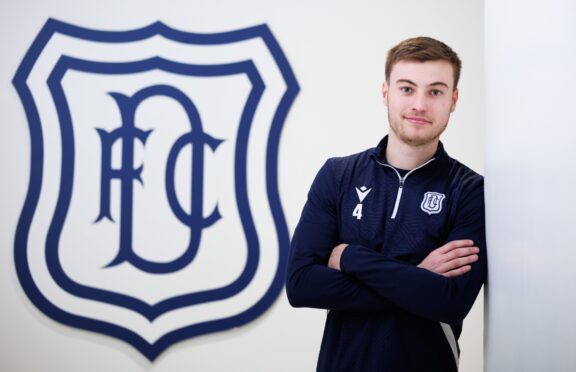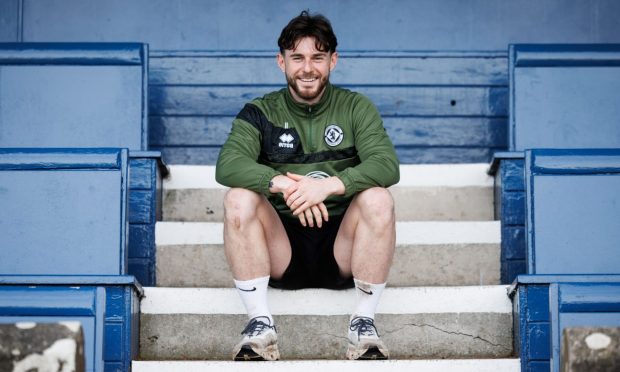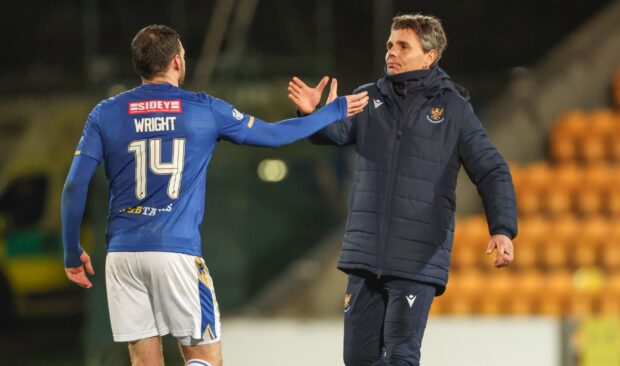This wasn’t really a night to be talking about “great performances”.
But the fact Gordon Strachan used the phrase after a thoroughly underwhelming occasion that would have strayed into the ignominious had it not been for James McArthur’s late equaliser goal, tells you that he has taken up the familiar Scotland manager pastime of straw-clutching worryingly early in this World Cup qualifying campaign.
Nobody was “great” but, yes, there were a few who acquitted themselves pretty well. And a win in Slovakia tomorrow night would arguably leave Scotland in a better position in Group F than they would be had four points been achieved from this double header the other way around, given the fact that the second favourites for the group would be pointless and all but out of it.
But seasoned observers of Scotland qualifying failures know a significant match when they see one, even if Strachan is fond of suggesting that nobody knows when it has taken place until the journey is at its end.
You can play the “if they beat them and we do this” game for as long as you want, however the bald facts are that the Scots are already in a hole. And history shows that we aren’t very good at digging ourselves out of one.
Sticking to the everything’s still OK script, McArthur’s 89th minute close-range finish was a small shovel into the dirt.
“Second half, played well, played really well,” Strachan said. “Best we have played for a long time. Made more chances than we did in Malta, it was exciting stuff at times and to drag themselves back after that body blow of the goal was terrific. I congratulate the lads on that and for going for it.
“There were a lot of chances – cleared off the line, could have been handball, could have been this, could have been that. But it might be a good point in the end.”
He added: “There were some good performances, some great performances.
“Chris Martin was outstanding up front bringing people into the game. (Andy) Robertson got better as the game went on. Barry Bannan was terrific.
“Some probably want to play a wee bit better but their effort and character was good.”
Strachan, who lost his captain Darren Fletcher to a thigh strain at half-time, refused to accept the Scots were any way fortunate to be sitting on four points and joint second in the group rather than on three.
“I don’t see the lucky bit, I think it was the other way about, I thought we were unlucky,” he said.
“We had a lot of chances, it just so happened we took the chance late on, which wasn’t as good as some of the other chances.
“Balls sliding by the post, one headed off the line at the end, maybe a penalty. There were a few things that were unlucky.
“You might put it down to not finishing well, so I will rephrase it and say we weren’t unlucky, we just didn’t finish our chances.”
Strachan will “shake it up a bit” with regards his team selection for tomorrow night’s fixture in Slovakia, who lost 1-0 to Slovenia in their second qualifier and are even further down the must-win queue than their midweek opponents.
Where that shaking up takes place remains to be seen.
Those hoping for a Leigh Griffiths start could well be disappointed. With Chris Martin one of those putting in a “great performance” and the Celtic man only the third of the used substitutes with about 20 minutes left at Hampden, that wouldn’t point to Scotland’s most lethal finisher being given the responsibility of scoring the goal(s) to get the campaign back on track.
Strachan certainly has greater options in the forward and midfield positions than he does at the back but it is there that Scotland were glaringly exposed yet again.
The Lithuania opening goal was a nice enough move from their point of view but Fiodor Cernych should not have been able to roll off Grant Hanley into as much space as he found to run in on goal.
Former St Johnstone and Hearts winger Arvydas Novikovas had already forced a fine low save out of David Marshall at that point, there was a rash sliding challenge from Barry Bannan in the box just before the break that could have resulted in a penalty, and at 1-0 a basic kick up the pitch and flick-on should have produced Cernych’s second.
Scotland had spot-kick claims of their own and they did improve as the second half progressed, with Griffiths and Robert Snodgrass passing up excellent opportunities. Indeed, had a goal-mouth scramble deep into injury time crossed the line rather than been cleared off it all the relevant statistics would have built a case for the Scots being deserved winners.
There are reasons for optimism in this group, such as the form of other nations and a table that doesn’t give cause for panic.
Strachan is absolutely correct to accentuate any positives he can identify. He’ll be vastly outnumbered by those who have seen all this before and are already viewing the second game of the campaign as the beginning of another end, though.
